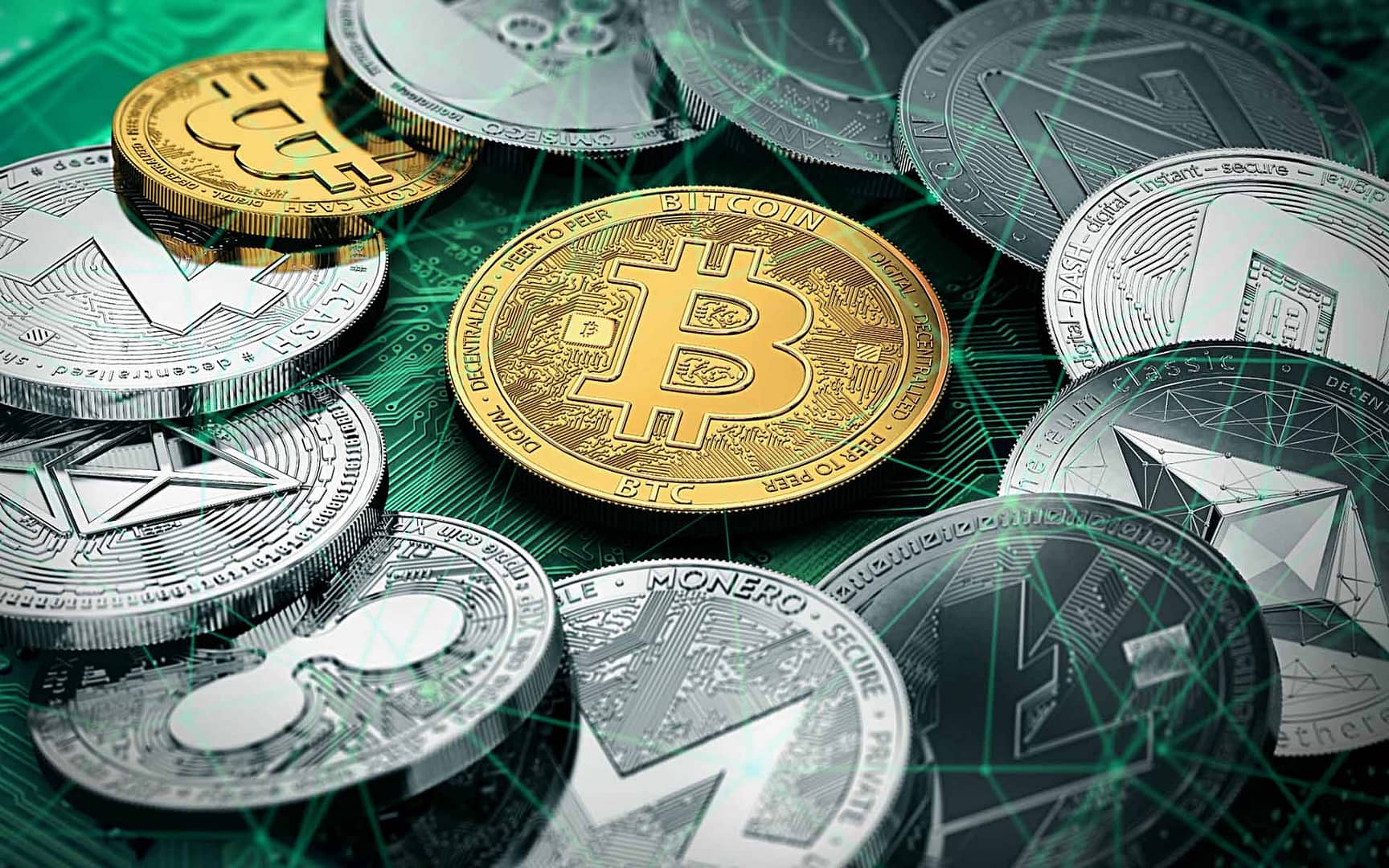Table of Contents
Bitcoin is often the first coin that comes to mind when people think about investing in cryptocurrency. Since it's the first cryptocurrency created, it holds the top spot and therefore its price movements determine the entire crypto market. But there are a lot of other cryptocurrencies, called altcoins, that have their own special features and growth potential. Some of these altcoins are made by companies that are trying to solve a problem in their own unique way, and many of them are created by some of the smartest people in the world, with big corporate names as investors and advisors.
XRP Altcoin

XRP from Ripple is an example of an altcoin. Ripple's XRP is a payment protocol built on its blockchain designed to send money abroad faster and cheaper. XRP is the cryptocurrency developed by the company Ripple. Several financial institutions have adopted it to make international payments easier. Ripple's technology is already being used by companies like Santander, American Express, and MoneyGram. More financial institutions are expected to use the technology in the future, which could increase the value of XRP.
Ethereum Altcoin

Ethereum is also a great example. Ethereum is a decentralized platform that allows smart contracts and decentralized apps to be made. It is built on its own blockchain and has its own currency, Ether (ETH). The smart contract features of Ethereum make it possible to make much decentralized finance (DeFi) applications, and the number of DeFi projects built on Ethereum has grown a lot in recent years. This has caused the demand for Ether to rise, and as more developers continue to build on the Ethereum blockchain, there is still a lot of room for growth. The Majority of NFTs are built on the Ethereum blockchain, as well as ENS domains.
Chainlink Altcoin

Chainlink is another example of an altcoin that has a strong use case. Chainlink is a decentralized network of oracles that links smart contracts on the blockchain to data from the real world. This lets smart contracts get information from outside sources, like stock prices, the weather, etc. This is especially helpful for applications that use decentralized finance (DeFi), where smart contracts need to be able to access external data in order to work. Oracles are very powerful and are playing an important role in Web 3.0.
VeChain Altcoin

VeChain is another example of an altcoin that has a strong use case. VeChain is a platform built on blockchain that helps manage the supply chain. It wants to make the supply chain more open and efficient by using blockchain technology to keep track of how goods move. Businesses can improve their supply chain management by using VeChain to keep a record that can't be changed of where a product came from and how it moved through the supply chain.
Both Chainlink and VeChain are useful and have a clear use case, which makes them more likely to last and grow in the long run. They are solving problems in the real world and giving a service that people want. We can expect more altcoins like Chainlink and VeChain to rise to the top as the crypto space continues to grow and change.
Aside from these examples, there are a lot of other altcoins that have their own features and growth potential. Payment tokens, stablecoins, and security tokens are some of the different kinds of altcoins. Payment tokens, like Bitcoin, are made to be used as money to trade value between parties. Bitcoin is more of a store of value than anything else, and it's considered digital gold. Unlike gold, you can transport Bitcoin easily, it's fast, permissionless, and super secure. Its network has never been hacked and continues to work as intended, all of which are reasons why BTC is still the number one crypto, and all other cryptos are considered altcoins.
But it's important to remember that not every altcoin will be a success. In fact, it's likely that most altcoins will fail. With more than 22,000 different cryptocurrencies and 536 crypto exchanges, it can be hard to find your way around the crypto world and figure out which altcoins have the best chance of making it.
One important thing to think about when judging altcoins is how they can be used. The altcoins that are most likely to stick around are the ones that fill a market need or solve a problem. These are the coins that have a clear purpose and can be used, instead of just being made for speculation.
It's important to remember that investing in altcoins is inherently riskier than investing in Bitcoin or other well-known cryptocurrencies. The cryptocurrency market is still very risky, and a lot of altcoins may not make it. But investors who are willing to take on more risk can make a lot of money with altcoins and diversify their cryptocurrency portfolio. Before putting money into a project, it's important to do your own research and look at the use case and the team behind it.
As Bitcoin continues to grow and develop, investors may start to see diminishing returns.
Altcoins are the way most crypto investors who missed Bitcoin are making fortunes in the crypto world. Use proper judgment and check your fear and greed at the door before making life-altering financial decisions.
Matt is the founder of TechMalak. When he's not buried face-deep in the crypto charts you can find him tinkering with the latest tech gadgets and A. I tools. He's a crypto investor and entrepreneur. He uses a mixture of A.I and human thought and input into all his articles on TechMalak, further merging man with machine.





